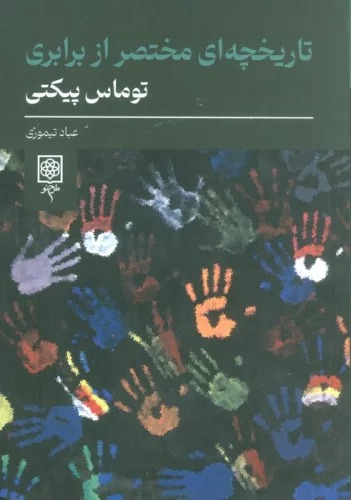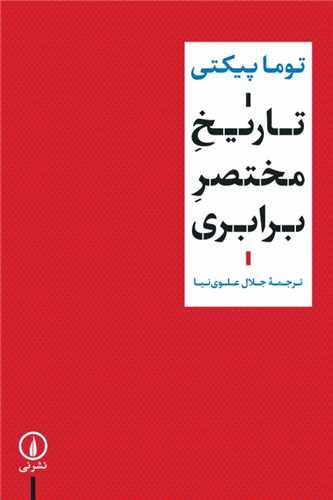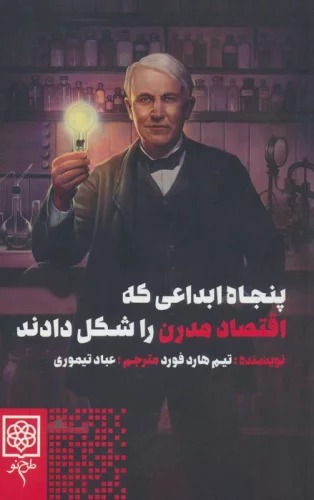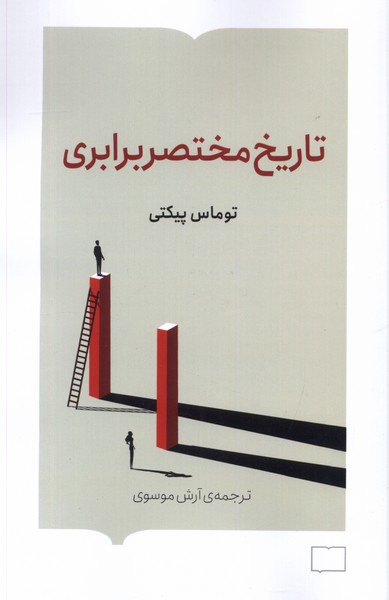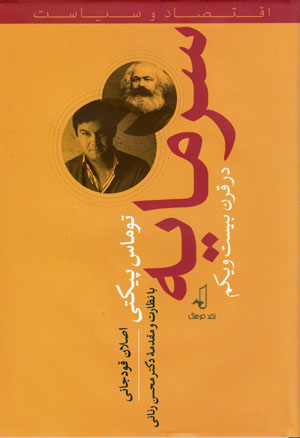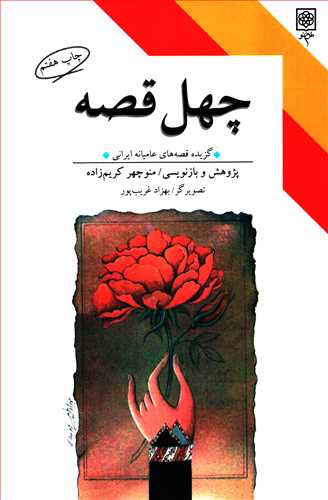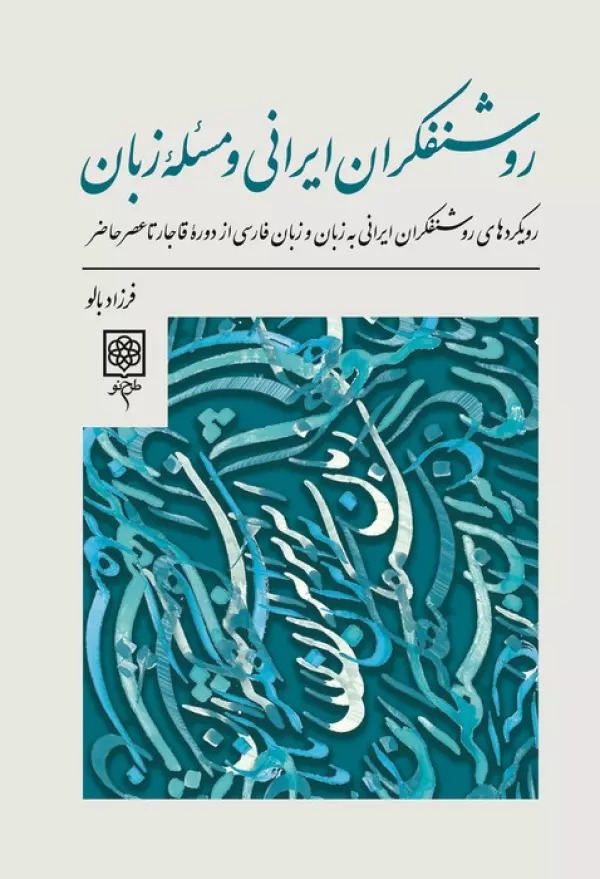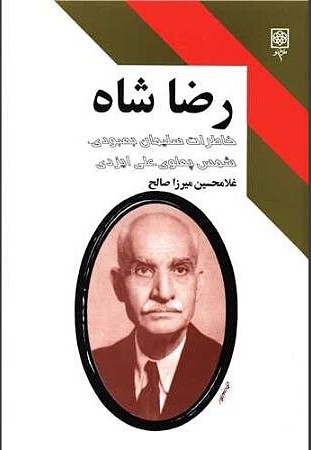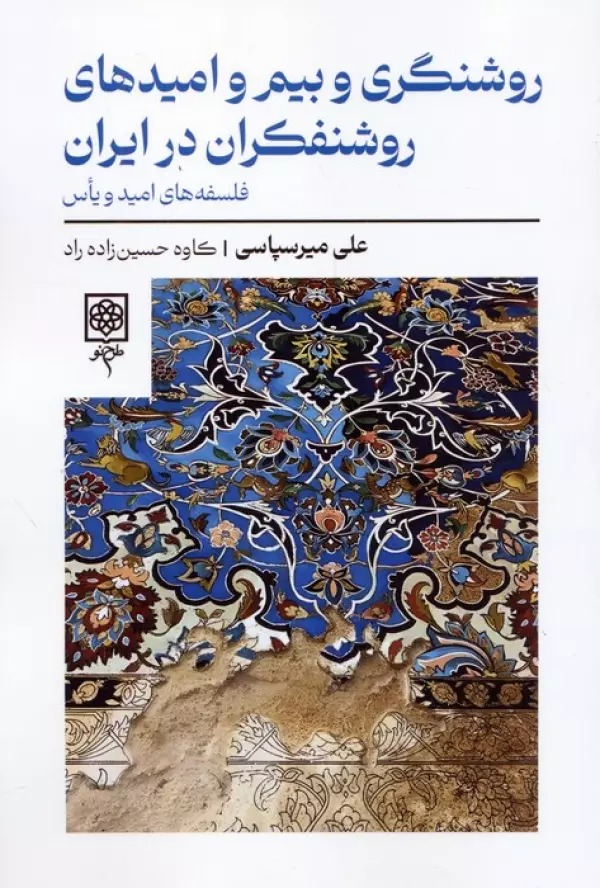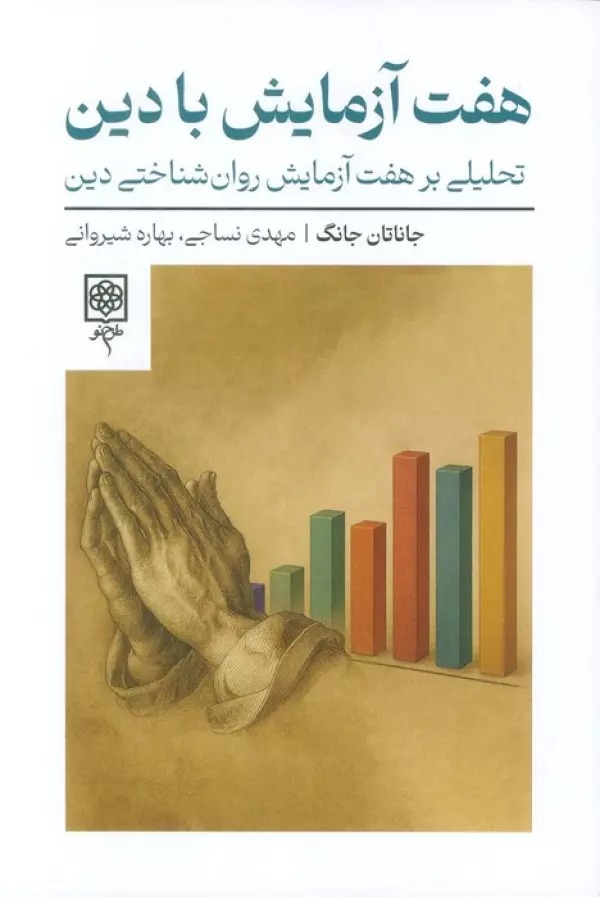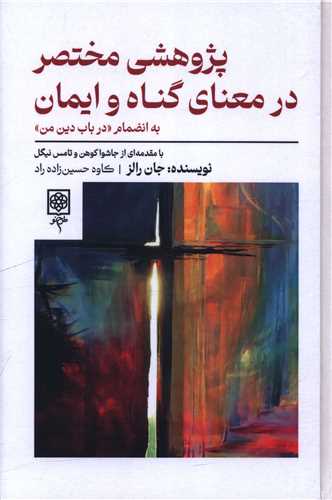تاریخچه ای مختصر از برابری فارسی 1401
Tārīkhchah'ī Mukhtaṣar az Barābarī
206 SEK
اشتراکگذاری
Wishlist
شابک:
9789644892011
مترجم:
'ibād Taymūrī
ناشر:
Tarh-i naw
گروه سنی:
بزرگسال
صفحات:
333
وزن:
351 g
ابعاد:
14 x 21 x 3 cm
جلد کتاب:
شومیز
The world's leading economist of inequality presents a short but sweeping and surprisingly optimistic history of human progress toward equality despite crises, disasters, and backsliding. A perfect introduction to the ideas developed in his monumental earlier books.
It's easy to be pessimistic about inequality. We know it has increased dramatically in many parts of the world over the past two generations. No one has done more to reveal the problem than Thomas Piketty. Now, in this surprising and powerful new work, Piketty reminds us that the grand sweep of history gives us reasons to be optimistic. Over the centuries, he shows, we have been moving toward greater equality.
Piketty guides us with elegance and concision through the great movements that have made the modern world for better and worse: the growth of capitalism, revolutions, imperialism, slavery, wars, and the building of the welfare state. It's a history of violence and social struggle, punctuated by regression and disaster. But through it all, Piketty shows, human societies have moved fitfully toward a more just distribution of income and assets, a reduction of racial and gender inequalities, and greater access to health care, education, and the rights of citizenship. Our rough march forward is political and ideological, an endless fight against injustice. To keep moving, Piketty argues, we need to learn and commit to what works, to institutional, legal, social, fiscal, and educational systems that can make equality a lasting reality. At the same time, we need to resist historical amnesia and the temptations of cultural separatism and intellectual compartmentalization. At stake is the quality of life for billions of people. We know we can do better, Piketty concludes. The past shows us how. The future is up to us.
more
توجه به تاریخنویسی و شکل روایت وقایع و حوادث تاریخ بشری، حتی روایتهای مربوط به انقلابها، نشانگر هوشمندی پر از ظرافت تاریخنگاری خطی و سرمایهسالاریست که نه از موضوعیت برابری حرفی به میان میآورد و نه از تاریخ برابری و تاریخ نابرابری. اگر به میان مردم و حتی جوامع دانشگاهی و فرهنگی رفته و دربارهی جوامع برابریخواه یا حکومتها و اقوام شکل گرفته بر مبنای ایدهی برابری پرسشی مطرح کنید، به احتمال بسیار زیاد اکثریتی یا مسخرهتان خواهند کرد یا عاقل اندر سفیه و هاجوواج از پرسشتان خواهند گذشت! بهواقع، عموم مردم و آکادمیسینها هیچ اطلاعی از اهمیت مسئلهی برابری و مردم و حکمرانیهای برابریخواه از آفریقا و آسیا و اروپا تا آمریکای شمالی و مرکزی و جنوبی ندارند و حتی نمیدانند در شکلگیری انقلاب کبیر فرانسه، هیچ عاملی بزرگتر و مهمتر از برابریخواهی نبوده است. کتاب «تاریخ مختصر برابری» تلاش کوچک و درعینحال مهم و راهگشای «توماس پیکتی»، نویسنده و اقتصاددان لیبرال است در مسیر فهم اهمیت برابری برای قوام جامعهی بشری و اینکه همواره این نابرابری بوده که جوامع را به بحران کشانده و متلاشی کرده است. پیکتی که به دلیل حملههایش به سرمایهداری و بهخاصه سرمایهداری متأخر، در دو دههی اخیر شهرت زیادی کسب کرده، در سومین کتابش شرح داده که نابرابری سرشت بسیاری از کشورهاست و همواره حکمرانیها سعی داشتهاند با نابرابری ساختاری، قدرت و ثروت را بهگونهای که میخواهند تقسیم کنند، اما تلاشهای برابریخواهانه و انقلابهای مختلف از پایان قرن هجدهم تا به امروز نشان داده که پافشاری هرچه بیشتر بر نابرابری، فروشدن جوامع به بحران را بیشتر و بیشتر میکند. تاریخ مختصر برابری، خوانش یک لیبرال از مسئلهایست که ریشه در نظرگاههای مارکسیستی و آنارشیستی دارد، خوانشی که نشان میدهد انسان معاصر باید مسیر پیش رویش را بر مبنای برابری بسازد و سعی کند از شر سوداگری سوداگران نجات یابد.
more

